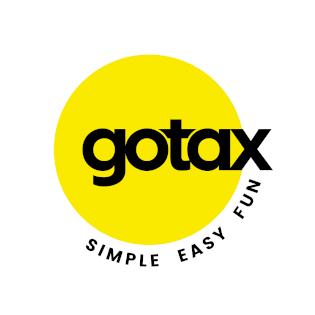July 14, 2024
Holiday Homes and My Tax
 Owning a holiday home comes with tax obligations that you need to be aware of. We've thrown tohgether a small guide to help you understand the tax implications of owning and renting out a holiday home.
Owning a holiday home comes with tax obligations that you need to be aware of. We've thrown tohgether a small guide to help you understand the tax implications of owning and renting out a holiday home.
1. Understanding Income and Deductions
When you rent out your holiday home, you must declare the rental income in your tax return. However, you can also claim deductions for expenses directly related to earning that income. Here’s what you need to know:
Income:
- Rental Income: All rent received from your holiday home must be declared as income.
Deductions:
- Interest on Loans: If you have a mortgage on your holiday home, you can claim the interest as a deduction.
- Council Rates and Insurance: These costs can be deducted based on the proportion of the year the property was rented or genuinely available for rent.
- Utility Costs: Electricity, water, and gas costs can be claimed for the rental period.
- Maintenance and Repairs: Costs incurred to maintain the property in a rentable condition are deductible.
2. Apportioning Expenses
If you use your holiday home for both private and rental purposes, you must apportion your expenses accordingly. Here’s how:
- Private Use: When the property is used by you, your friends, or relatives for free or at a discounted rate, you cannot claim deductions for this period.
- Genuinely Available for Rent: If the property is listed for rent but not rented out, you can still claim deductions, provided it was genuinely available for rent.
3. If You Don’t Rent Out Your Holiday Home
If your holiday home is not rented out at all during the year, the tax implications change significantly:
Income Tax Implications:
- No Rental Income: Since you didn't earn any rental income, you don't need to declare any.
- No Deductions: You cannot claim deductions for expenses related to the holiday home, as these are considered private in nature and not incurred in gaining or producing assessable income.
Capital Gains Tax (CGT) Implications:
- Primary Residence Exemption: If your holiday home is not your primary residence, it will be subject to CGT when you sell it. The primary residence exemption does not apply to holiday homes.
- Cost Base: Keep records of all costs associated with the property, including purchase price, improvements, and holding costs, as these will form part of the cost base for CGT purposes.
- Apportionment: If the property was used partly for private purposes and partly for income-producing purposes in the past, CGT will be apportioned based on the period of private versus income-producing use.
4. Common Traps to Avoid
To ensure you stay compliant with ATO regulations, avoid these common pitfalls:
- Incorrect Apportionment: Ensure you accurately apportion expenses between private use and rental periods.
- Overclaiming Deductions: Only claim expenses that are directly related to earning your rental income.
- Lack of Records: Keep detailed records of all income and expenses, including periods the property was available for rent.
Example: Apportioning Expenses
Sarah owns a holiday home that she rents out for 180 days in a year and uses for private purposes for 60 days. She incurs $4,000 in mortgage interest, $1,000 in council rates, and $500 in utility costs. Sarah can claim:
- Mortgage Interest: ($4,000 * 180/240) = $3,000
- Council Rates: ($1,000 * 180/240) = $750
- Utility Costs: ($500 * 180/240) = $375
Gotax Advice
Managing the tax obligations of a holiday home can be straightforward if you keep accurate records and understand how to apportion expenses correctly. Always declare your rental income and claim only the deductions you’re entitled to. If in doubt, seek professional advice to ensure compliance and maximise your deductions.
Gotax..Maximise your Refund… 2024 Complete Return $55, Simple Return $15. Small Business $120, Rental $99+.
Gotax.com.au Australia's easiest, cheapest, smartest (Ai) Phoebe online tax service.





Leave a Comment